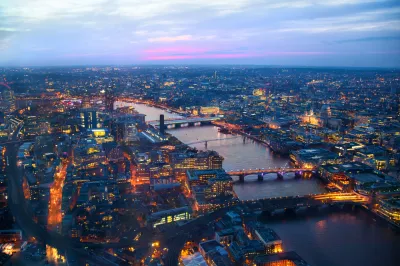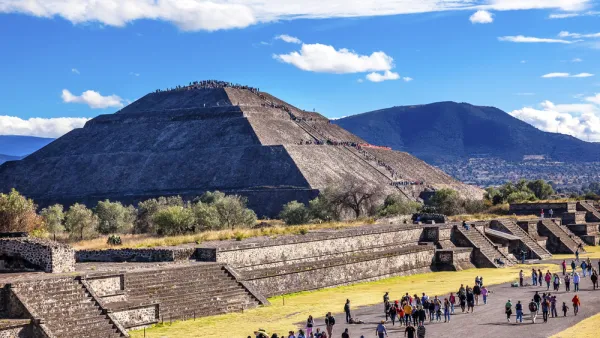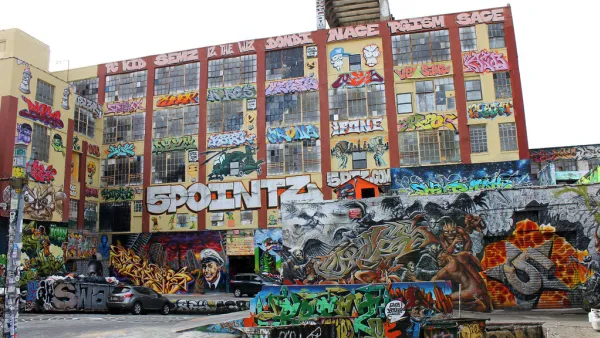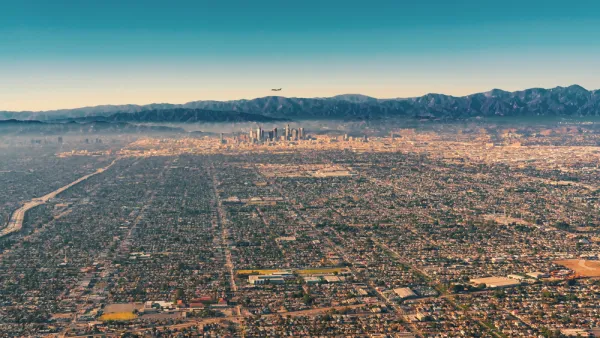It might feel like the world is shrinking as globalization expands, but many cities still have their individual characters and qualities.

Tyler Cowen disputes the notion that cities around the world are becoming more similar than they are different. Global diversity still abounds, from cities in the same country—Dublin and Belfast in Ireland, for example—to major metropolises, argues Cowen:
Among the more populous cities I have visited are Lagos, Tokyo, Mexico City, Delhi, Sao Paulo, Shanghai and Cairo. I can find very real similarities among their gyms, coffee shops, hotels and smart phones used by the locals. Still, it is hard to argue they are converging on some common set of experiences or cultural memes. Those cities show different movies (for the most part), play different kinds of music in public spaces, serve different dominant cuisines, exhibit different modes of personal dress, and of course speak different languages.
He goes on to compare London and New York, pointing out that the cultural and social experiences in each city are distinct and different. And Cowen adds that he feels relaxed walking throughout London while he finds Manhattan somewhat stressful.
Cowen cannot quite explain why his subjective takes on the two cities are different, but he says that globalization is not creating a homogenized world. "Larger cities are the big winners. If you visit them, I assure you: You will find that the world has never been more interesting, or more diverse."
FULL STORY: Why London Is Better Than New York

National Parks Layoffs Will Cause Communities to Lose Billions
Thousands of essential park workers were laid off this week, just before the busy spring break season.

Retro-silient?: America’s First “Eco-burb,” The Woodlands Turns 50
A master-planned community north of Houston offers lessons on green infrastructure and resilient design, but falls short of its founder’s lofty affordability and walkability goals.

Delivering for America Plan Will Downgrade Mail Service in at Least 49.5 Percent of Zip Codes
Republican and Democrat lawmakers criticize the plan for its disproportionate negative impact on rural communities.

Test News Post 1
This is a summary

Test News Headline 46
Test for the image on the front page.

Balancing Bombs and Butterflies: How the National Guard Protects a Rare Species
The National Guard at Fort Indiantown Gap uses GIS technology and land management strategies to balance military training with conservation efforts, ensuring the survival of the rare eastern regal fritillary butterfly.
Urban Design for Planners 1: Software Tools
This six-course series explores essential urban design concepts using open source software and equips planners with the tools they need to participate fully in the urban design process.
Planning for Universal Design
Learn the tools for implementing Universal Design in planning regulations.
EMC Planning Group, Inc.
Planetizen
Planetizen
Mpact (formerly Rail~Volution)
Great Falls Development Authority, Inc.
HUDs Office of Policy Development and Research
NYU Wagner Graduate School of Public Service





























